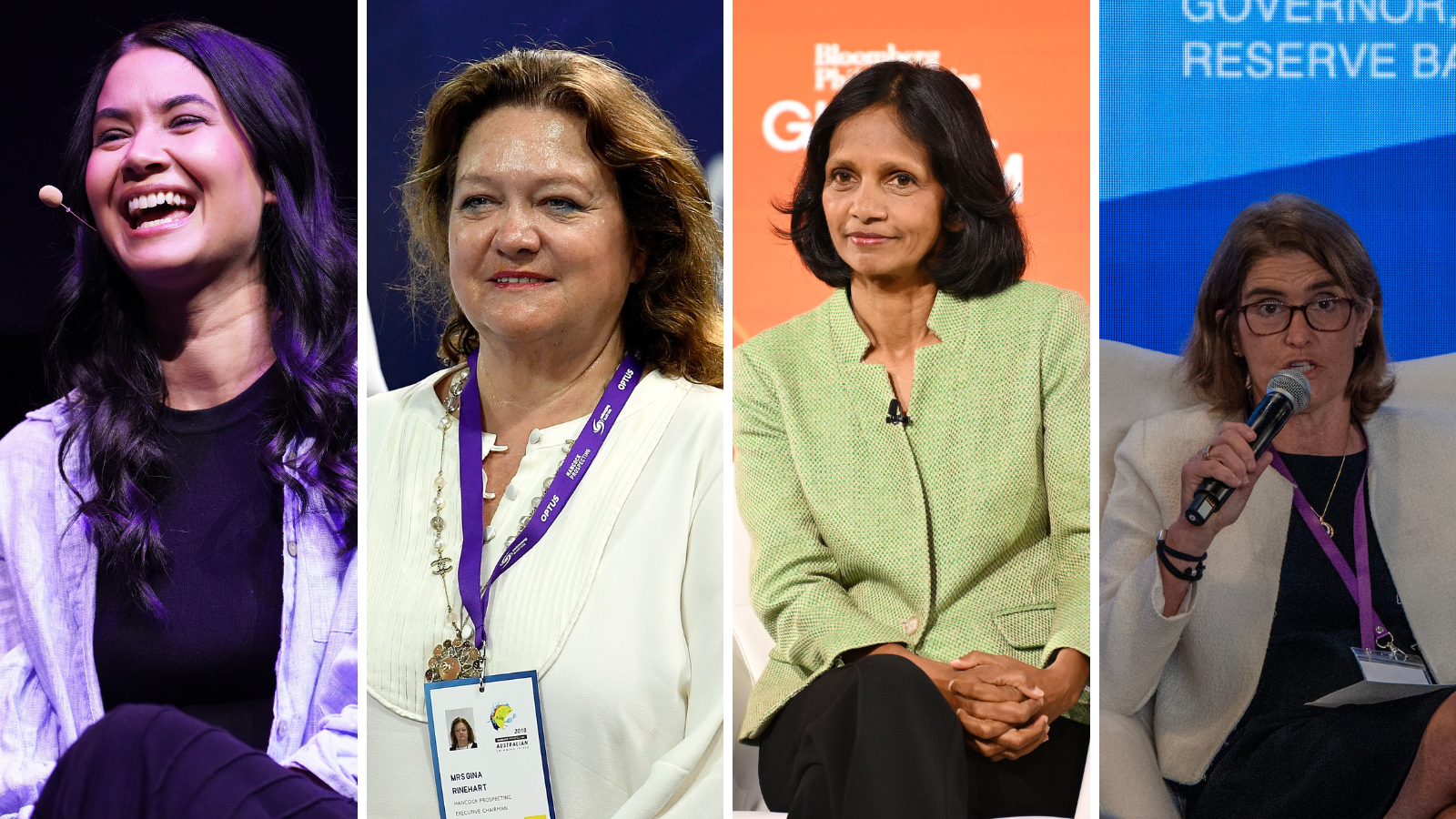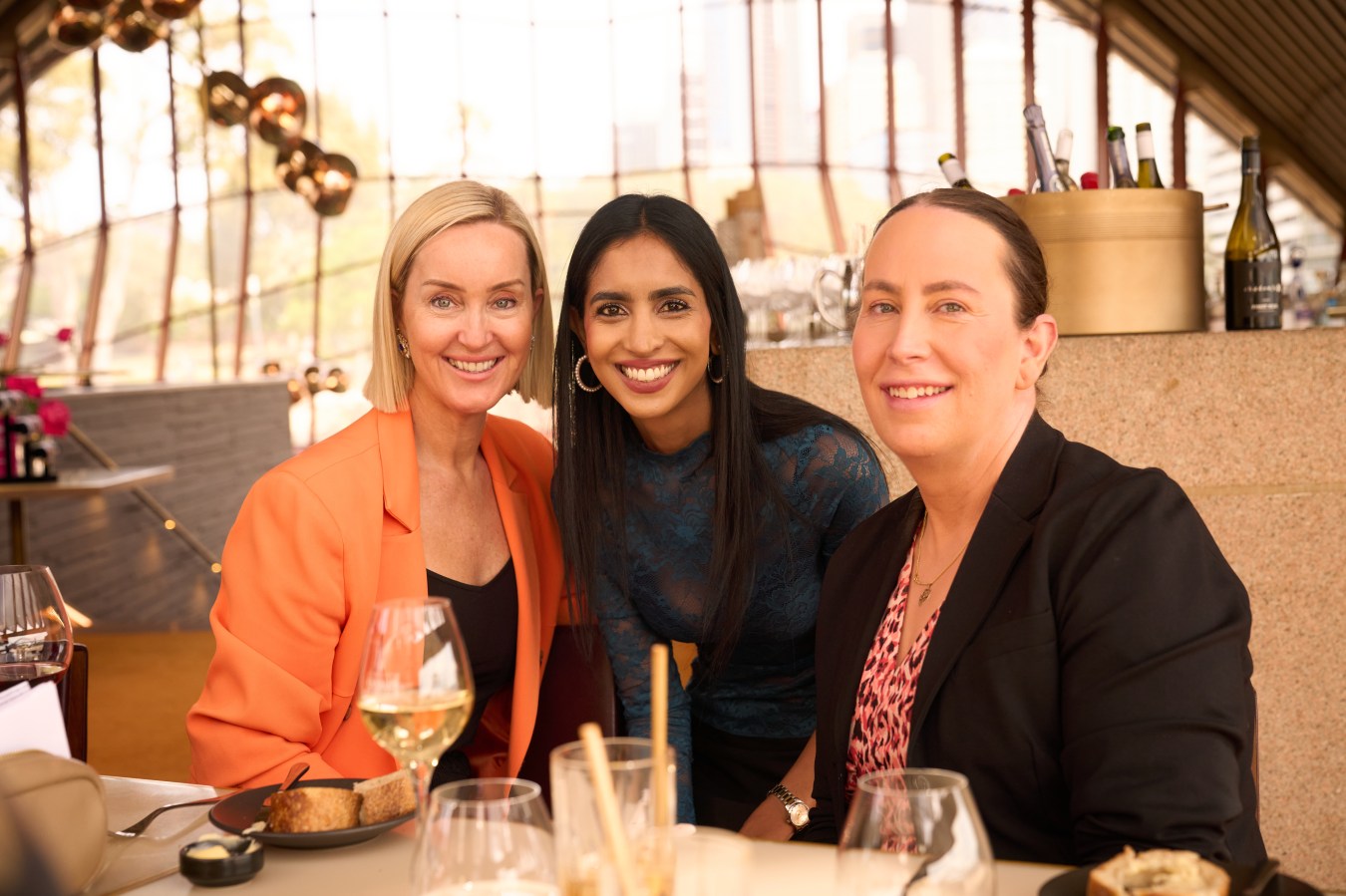Now 58, the Oscar-winning actress is taking on her most important role yet—championing women’s health. It’s a mission of both advocacy and entrepreneurship that began when her own perimenopause was misdiagnosed as herpes.

Halle Berry knows what you think of her. The first (and so far only) Black woman to win an Academy Award for Best Actress, the former model and fixture on “most beautiful people” lists is all too familiar with being best known for her performances and her looks. But these three words, shouted on Capitol Hill in May 2024 while surrounded by a bipartisan group of senators (all women), might change that: “I’m in menopause!”
“For so long people have put me in this sex symbol box,” Berry says. “For someone like me to speak about going through menopause, which has been so stigmatized, if I can say, ‘Hey, it’s sexy to arrive at this time of our life, it’s actually a privilege to age.’ . . . I hope I’m giving [women] the courage to stand tall and accept that we don’t have to stay eternally 30. I mean, who wants to stay eternally 30?”
In her sixth decade, Berry is laser-focused on women’s health. It’s a mission of both advocacy and entrepreneurship that began when her own perimenopause was misdiagnosed as herpes and she realized just how much more awareness both doctors and patients needed about this crucial (and, for those who live long enough, universal) life stage.
Berry’s vehicle is Respin, originally a wellness and exercise website she founded in 2020 but which relaunched this February as a menopause-focused health care company. With less than $5 million in funding from investors including Khosla Ventures, Respin is still in its earliest days—telehealth visits just launched in July and revenue is still mostly nascent—but she’s feeling invigorated by the task of growing and scaling her startup.
“This is my greatest act,” she says. “And I couldn’t have imagined that this would be my greatest act because I think as women, we’ve been afraid to age.”
Berry is one of the 200 entrepreneurs, change makers and leaders on Forbes’ fifth annual 50 Over 50 list who have come to see their age as an asset rather than a liability. Produced in partnership with Morning Joe cohost Mika Brzezinski and her Know Your Value initiative, the 50 Over 50 highlights women who are generating outsized professional impact in their sixth, seventh or eighth decades (tap here for the full list
Re-spin.com started as a website offering at-home workouts (Berry launched it during the pandemic), exercise gear like strength bands and jump ropes, and a community of like-minded women. Today, the company is dual-pronged. One side sells community memberships (for $149 a year, users get access to private chats with other women going through menopause, live Q&As with doctors and “early access” to Berry’s favorite wellness gadgets) and, through a partnership with women’s intimacy company Joylux, “intimacy gel” (lube) for $21 or $45 and a vaginal wand with red light therapy—to help with vaginal dryness and pelvic floor functioning—for $495.
Over on the Respin Health side of the business, women seeking answers about their menopause symptoms can book a 30-minute telehealth visit with a menopause-trained physician or nurse practitioner for $55. Ally Tam Tumasova, Respin Health’s cofounder and CEO, says women can also answer a detailed questionnaire to receive a personalized lifestyle plan ($20), sign up for group coaching sessions to help stick with that plan ($45 per month) or pay $100 for a one-on-one session.
Frédérique Dame, a general partner at GV (formerly Google Ventures) and an early investor in Respin competitor Midi Health, which was founded by 50 Over 50 alumna Joanna Strober, says that currently there is more demand for menopause medicine than there are practitioners available. In the U.S., 1.3 million women enter menopause every year, while fewer than 2,500 physicians are certified in menopause medicine.
Globally, the market—which includes hormone replacement therapy, prescription and OTC drugs, dietary supplements and nutritional advice, was valued at $17 billion last year and is projected to grow to $24 billion within five years, according to Grand View Research. “It’s a huge market,” Dame says.
And a broadly defined one. Which is why Berry is aiming wide: “We are trying to be your one-stop shop for all things menopause, because what I’ve learned on this journey is that every woman ‘menopauses’ in a different way.”


